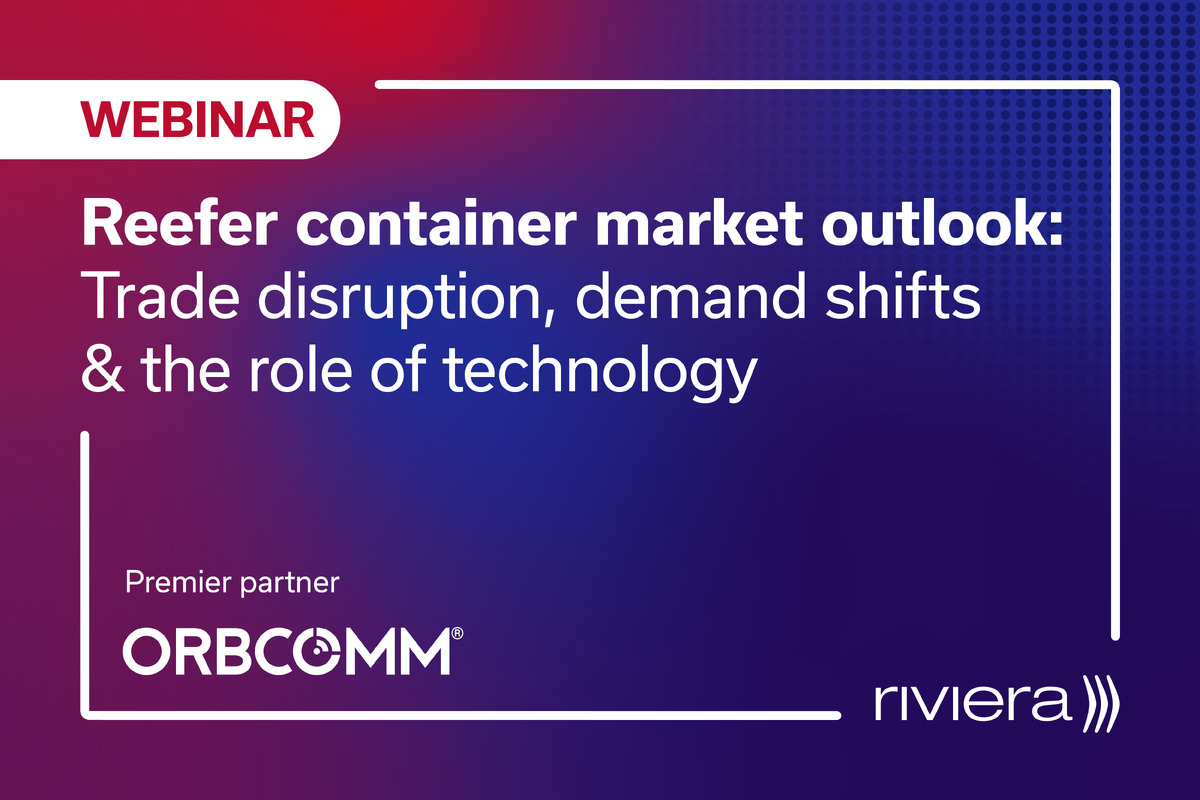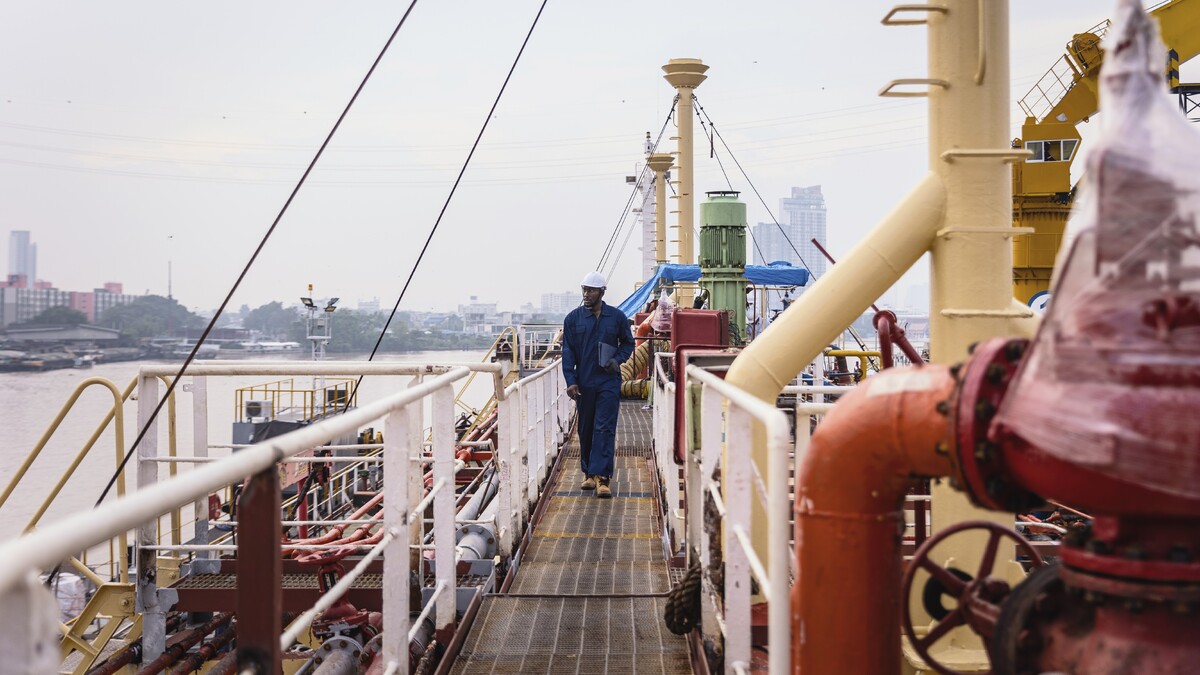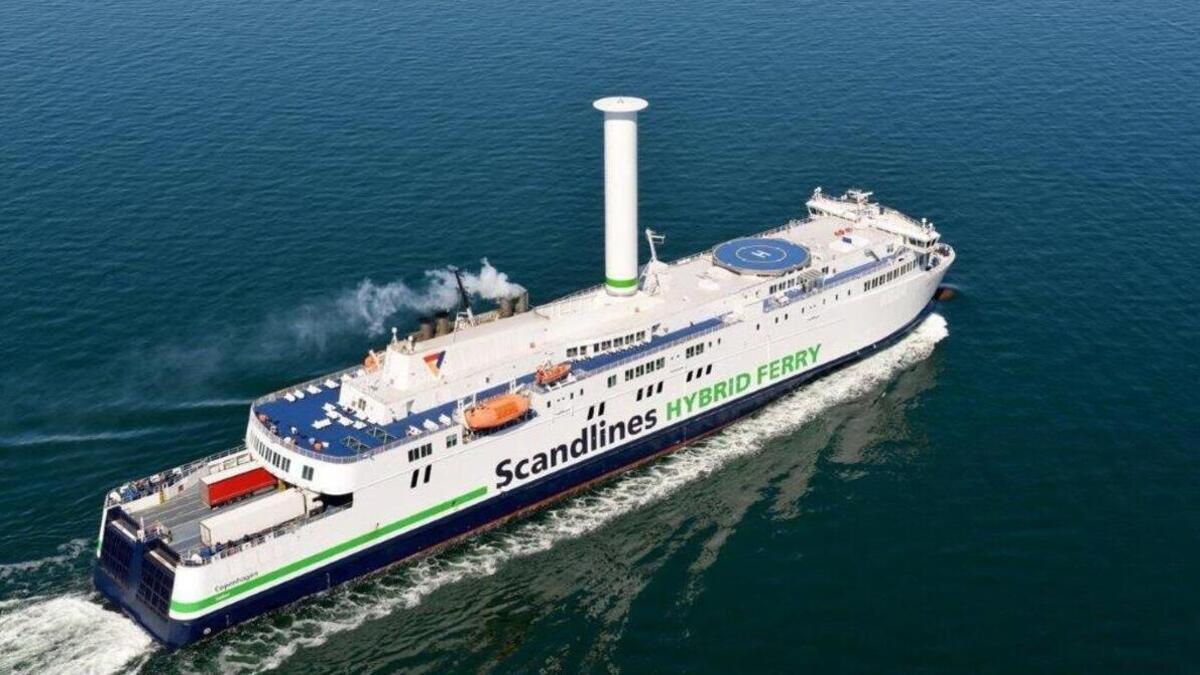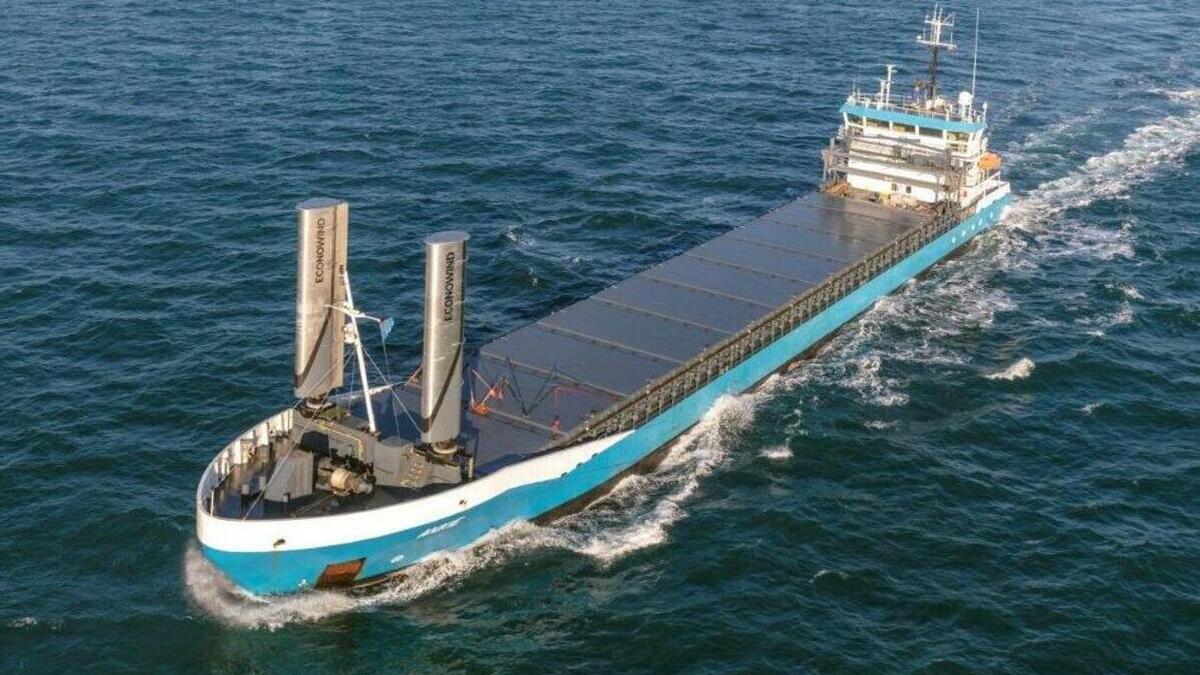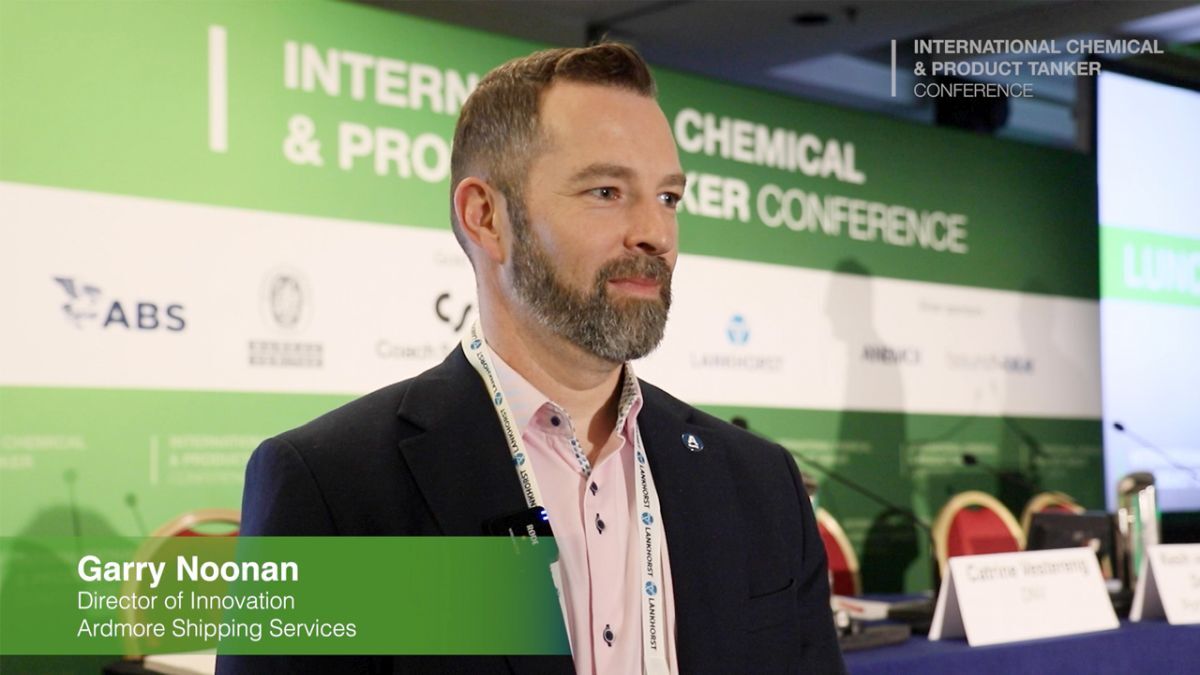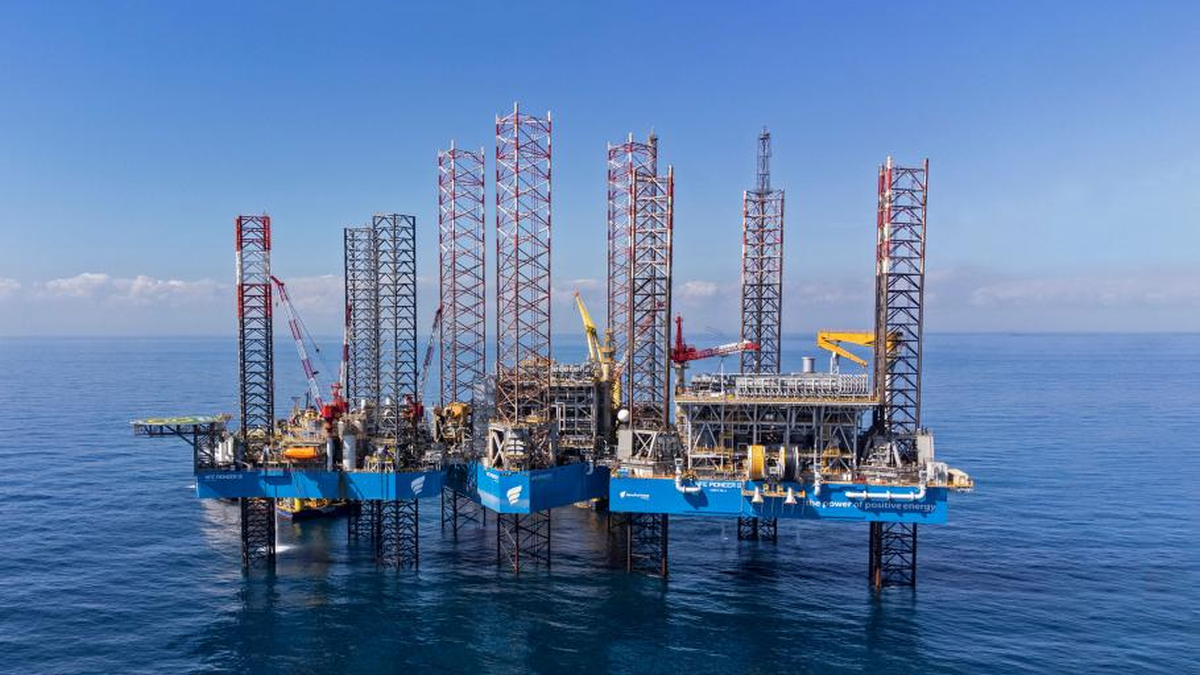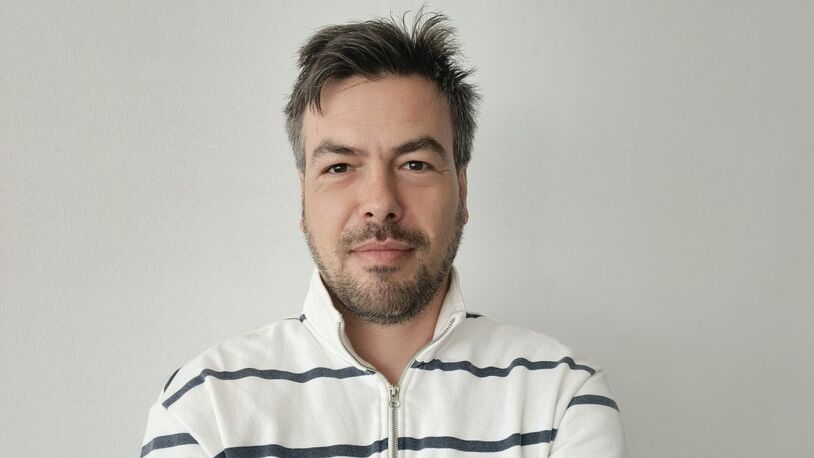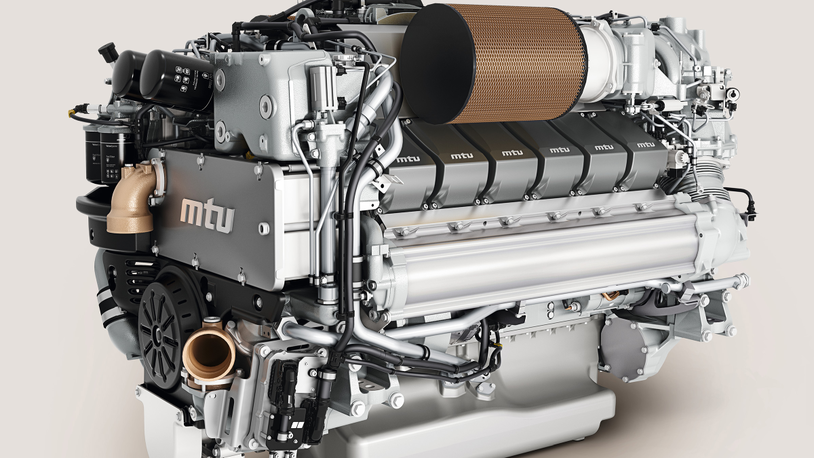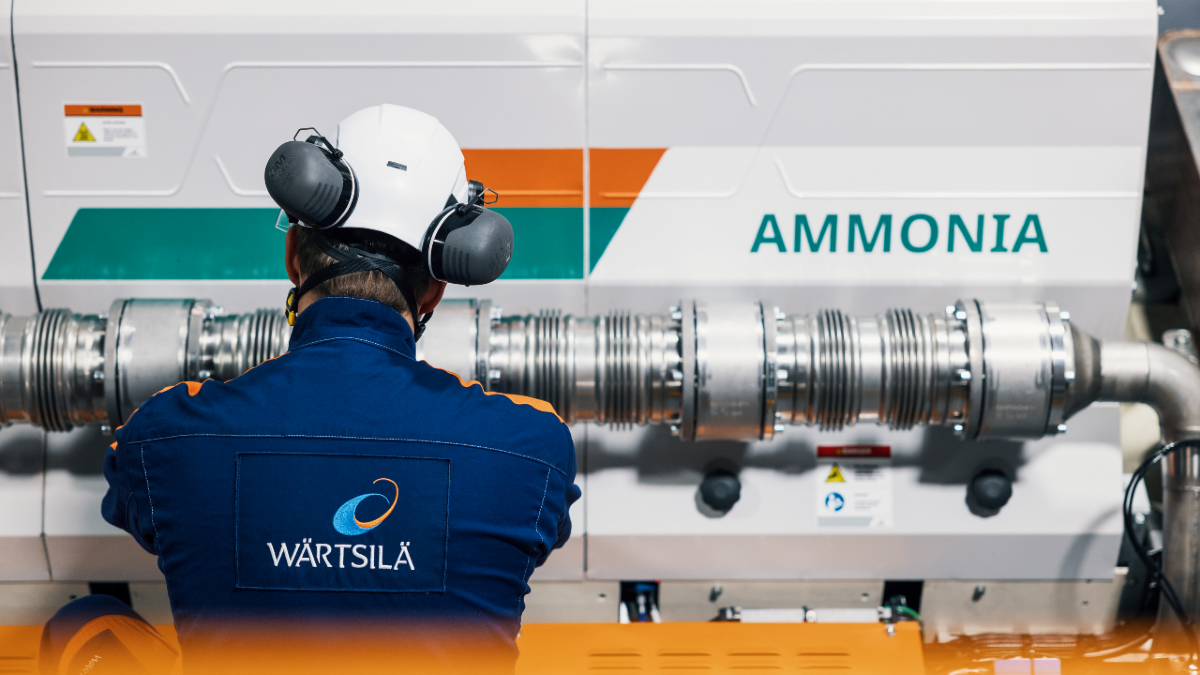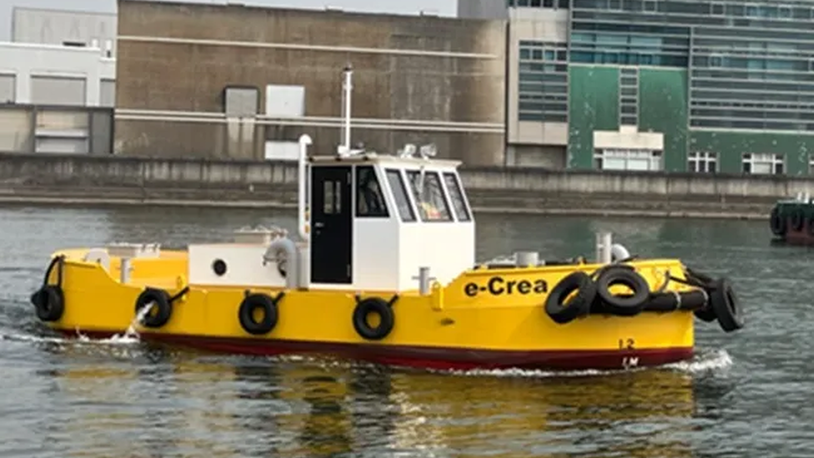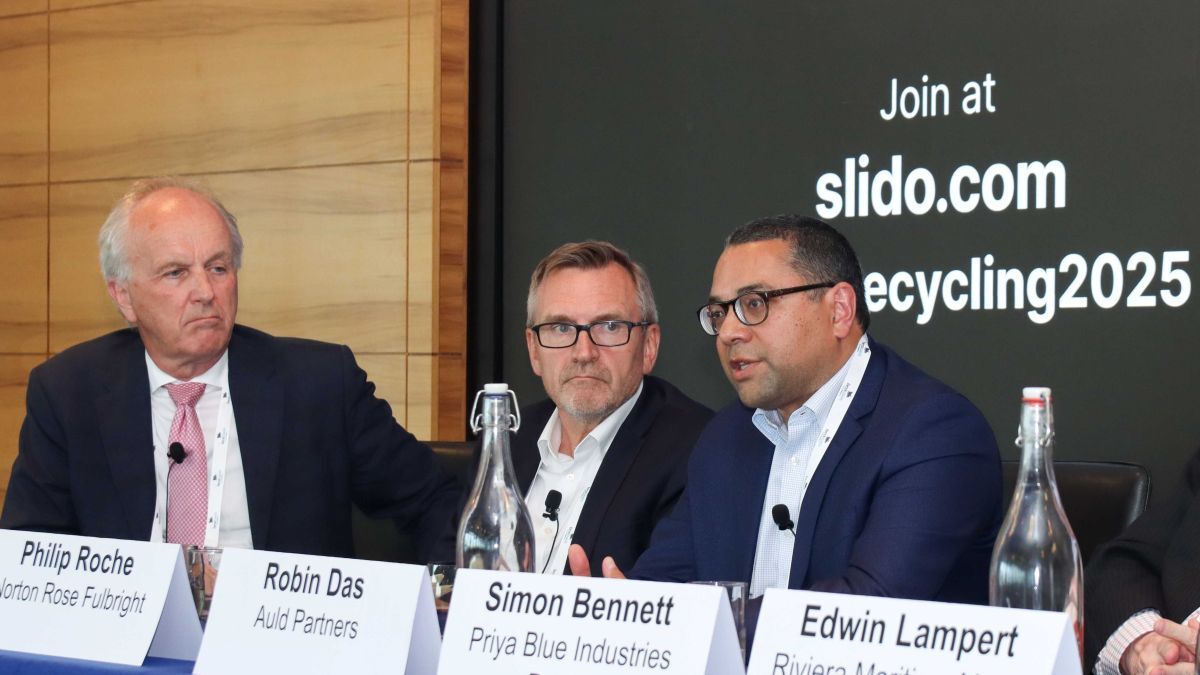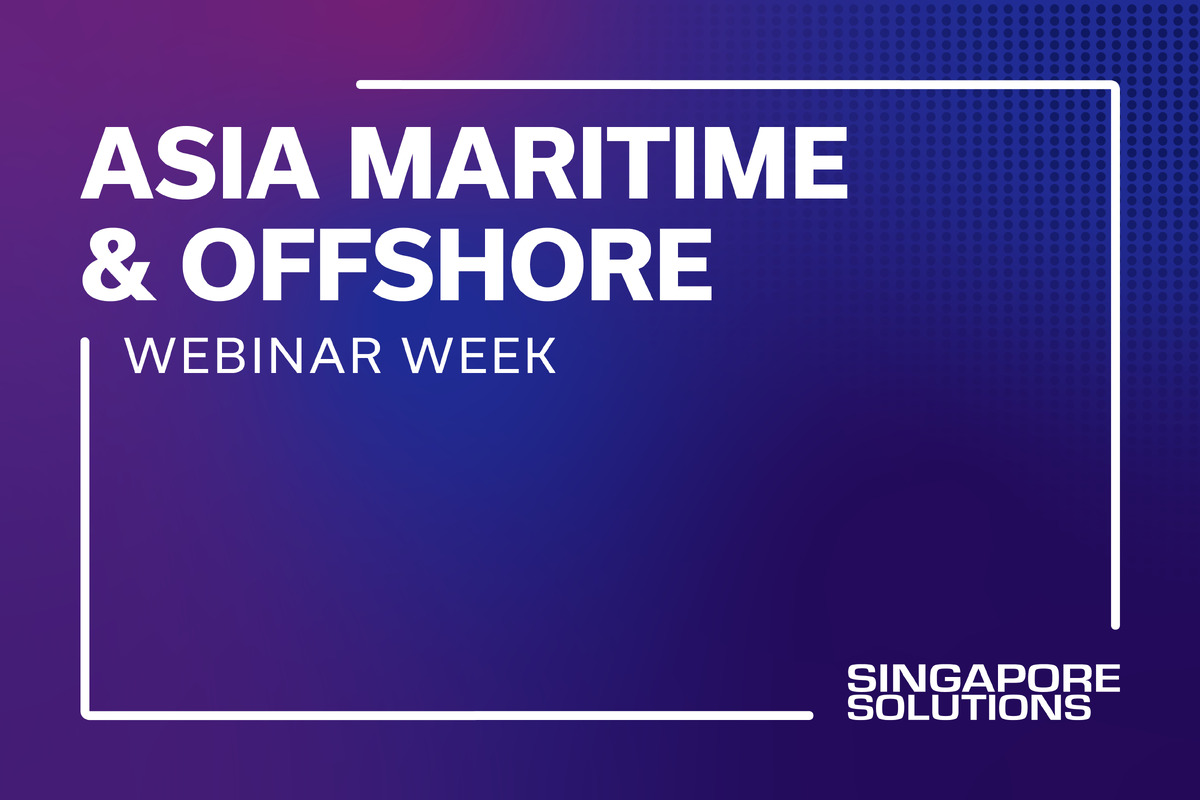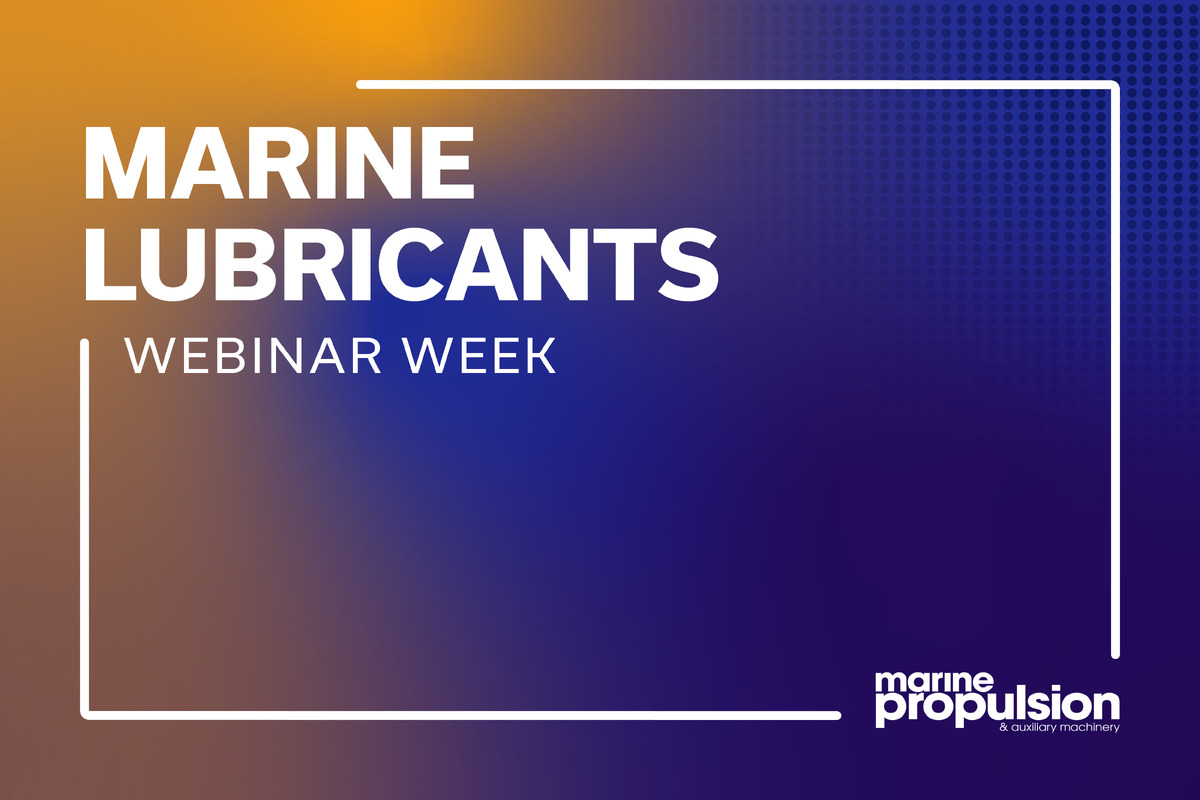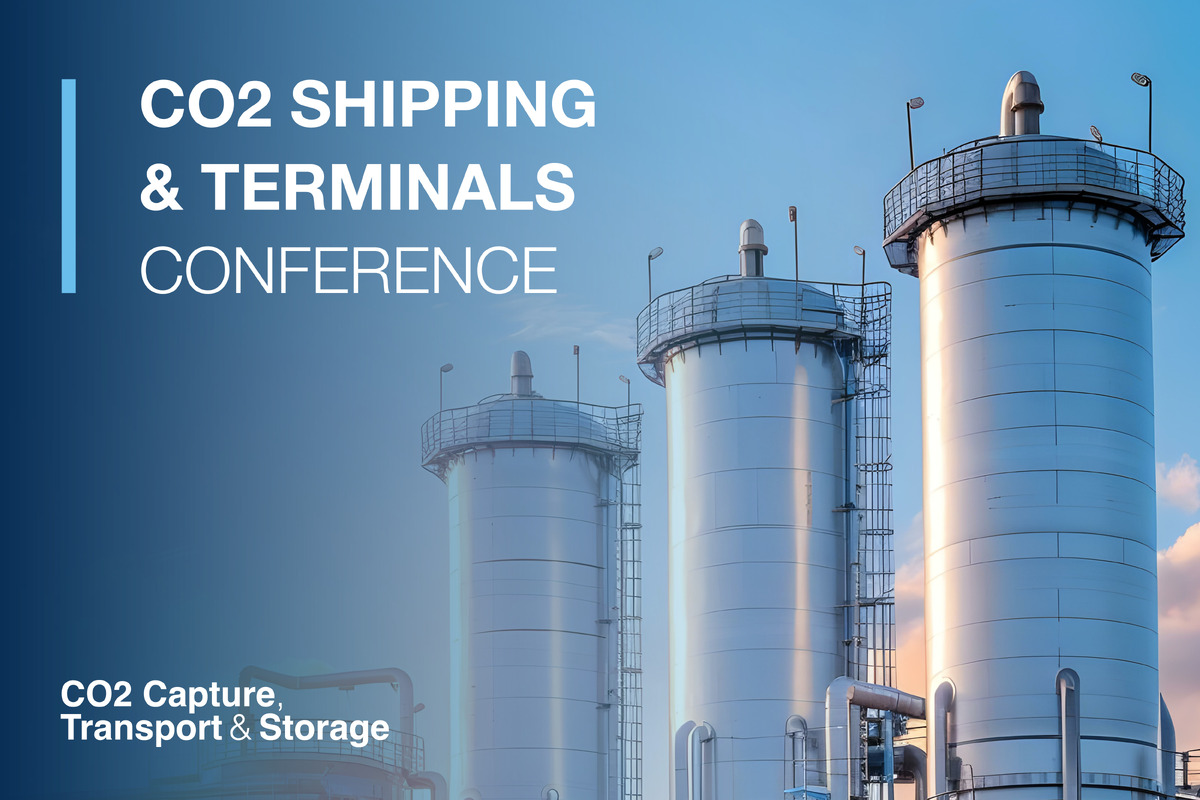Business Sectors
Contents
Register to read more articles.
EU WASP project shows positive results for wind-propulsion technologies
The EU-Interreg North Sea Region’s Wind Assisted Ship Propulsion project (WASP) has concluded, with positive results
Funded by the Interreg North Sea Europe programme, part of the European Regional Development Fund, the three-year WASP project brought universities, wind-assist technology providers and shipowners together to research, trial and validate the operational performance of a selection of wind-propulsion technologies.
Five commercial vessels were retrofitted with wind-assisted systems and the WASP project said third-party validations calculated actual fuel savings.
In all, three different wind propulsion technologies were tested – eConowind’s VentiFoil system, Wing Sails and Norsepower’s Rotor Sail – aboard vessels belonging to shipowning partners van Dam, Boomsma, Tharsis, Rörd Braren Shipping Co and Scandilines.
WASP said the five installations of wind-propulsion technology will continue to serve as examples of how wind propulsion systems can be deployed as retrofits on various different vessels, noting, “As expected, fuel savings from these systems are variable, delivering up to 10% savings depending on the route and vessel operational profile.”
The project has generated a stream of information and transparency around wind-propulsion selection, installation and operation, contributing greatly to the general development of the wind-assist sector both in the North Sea region and beyond.
The project partners noted, “These installations have also contributed to the generation of three points of reference for different wind-propulsion technologies and shipping segments that will support shipowners to make investment decisions going forward.”
Scandlines manager special projects Marko Möller said, “We are proud to be part of this amazing project. By the WASP installations realised and evaluated during the project lifetime, wind technology proved to be an important element of the decarbonisation process of shipping. For Scandlines, the positive results were a decisive factor to install another rotor sail on the sister ferry of Copenhagen.”
According to Boomsma’s co-owner Johan Boomsma, the company believes in energy efficiency, “That is why we are sailing with the eConowind VentiFoils on Frisian Sea. The three major factors – unit costs, fuel prices and European ETS legislation – are combining in such a way that wind-assisted propulsion will soon become one of the standard solutions.’’
WASP also helped develop standard procedures for sea trials for wind propulsion technology-equipped vessels and created standards for KPIs in collaboration with the International Towing Tank Conference. These developments are expected to help reduce the barriers for wind propulsion’s uptake.
Sign up for Riviera’s series of technical and operational webinars and conferences in 2023:
- Register to attend by visiting our events page.
- Watch recordings from all of our webinars in the webinar library.
Related to this Story
Events
Reefer container market outlook: Trade disruption, demand shifts & the role of technology
Asia Maritime & Offshore Webinar Week 2025
Marine Lubricants Webinar Week 2025
CO2 Shipping & Terminals Conference 2025
© 2024 Riviera Maritime Media Ltd.
